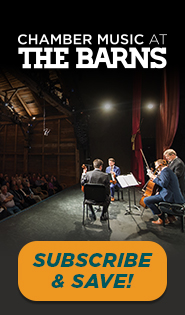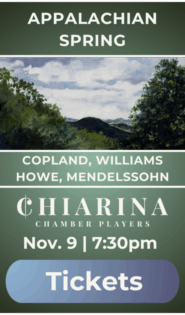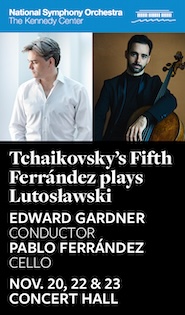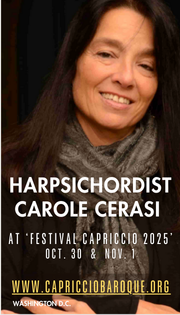German conductor Bihlmaier at her best with Berlioz in NSO debut
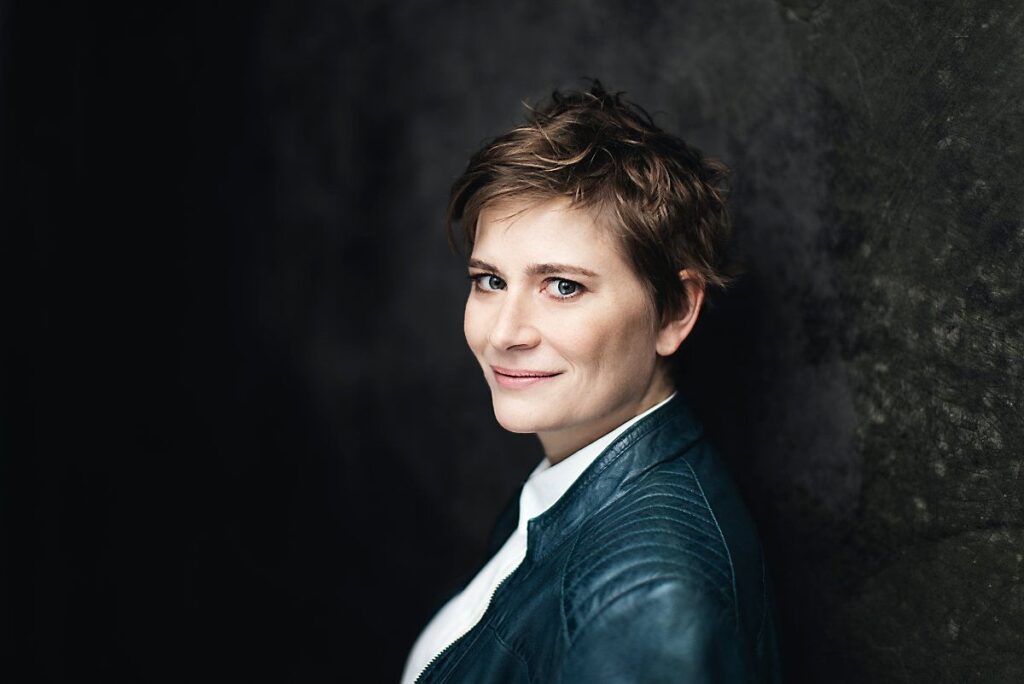
Anja Bihlmaier conducted the National Symphony Orchestra Thursday night at the Kennedy Center.
The chance to hear a conductor new to Washington take the helm of the National Symphony Orchestra came Thursday night. Anja Bihlmaier, chief conductor of the Residentie Orchestra in The Hague through next season, made her ensemble debut in the Kennedy Center Concert Hall. She showed a competent hand, and despite perhaps some fitful fussy detailing, obtained generally solid results.
The evening opened with a new piece, Mari by Bryce Dessner, an NSO co-commission. The Cincinnati-born composer, also known as a guitarist with the rock band The National, tends to fall into predictable, repetitive patterns in his works for orchestra. In this work, named for the Basque goddess of the forest, he reached for something grand, with a promising start that was dragged out to not much effect.
The first section of music created a sort of misty scene, recalling Dessner’s description of the work as “a reflection on the pastoral.” Gentle chords undulated, with echoes of Mahler, but over time the piece felt like a series of atmospheric feelings, swelling and receding as instruments joined and faded. Large orchestration often swamped distinctive sounds, like the harps on a repeating motif that could not even be heard. Bihlmaier led the work effectively but could not do much to define its shapeless turns.
Some much-needed drama arrived with Benjamin Grosvenor’s keyboard fireworks in Franz Liszt’s Piano Concerto No. 1. Up to now the British pianist has impressed more as a recitalist, as in his Kennedy Center solo concert last year, than in his appearances with the NSO. Something about the Liszt piece, a trashy bit of showmanship if there ever was one, made an ideal vehicle for Grosvenor’s brassy style.

Benjamin Grosvenor performed Liszt’s Piano Concerto No. 1 with the NSO Thursday night. Photo: Marco Borggreve
From the booming cadenza that comes just after the start of the first movement, Grosvenor applied a steely touch, aiming for volume and panache. His technical acumen impressed, to be sure, but he also approached the softer second theme of this movement with a moony delicacy. Many of the NSO principals sat out the concerto, giving others a chance to shine in the lovely clarinet and violin solos.
Grosvenor lost the thread of the slow movement, which offered less to challenge him, but came back into form with a subtly played trill section. The last two movements proved the highlight, especially the feather-light scherzo, with that prominent jangling triangle. Grosvenor took advantage of the brisk tempo to lead the orchestra in a devilish dance. The Finale marched feverishly to its conclusion, with outstanding technical fortitude from Grosvenor.
Acknowledging the extended ovations, Grosvenor sat for an even more mind-blowing exercise in virtuosity: Vladimir Horowitz’s transcription of John Philip Sousa’s Stars and Stripes Forever. The pianist’s large-handed approach gave this daring arrangement orchestral scope, with a beautifully delineated middle-range melody in the Trio section and, on top of a vast texture, a brilliant evocation of the march’s famous piccolo solo.
Bihlmaier’s interpretation of the final work, Berlioz’s technicolor Symphonie fantastique took a while to gel. She brought out the contrasts of the first movement, launched by the plush sound of the string introduction. In the second movement, she controlled the sectional balances better to reveal sparkly playing from the two harpists. More excellent woodwind solos stood out, as the idée fixe, the melody representing the composer’s obsessive love, took over the music of the waltz.
The pastoral dialogue of Kathryn Meany Wilson’s English horn and the offstage oboe of Jonathan Fischer, filling in this week for Nicholas Stovall, struck a wistful tone in the third movement. If the fourth movement, the “March to the Scaffold,” moved too briskly to catch all the details of Berlioz’s marvelous orchestration, the Halloween spectacular of the fifth movement, the “Dream of the Witches’ Sabbath,” made up for it. Bihlmaier mined the score for all its eccentricities: cackling strings, jeering winds, chanting trombones, and sonorous bells, played offstage.
The program will be repeated 8 p.m. Friday and Saturday. kennedy-center.org
